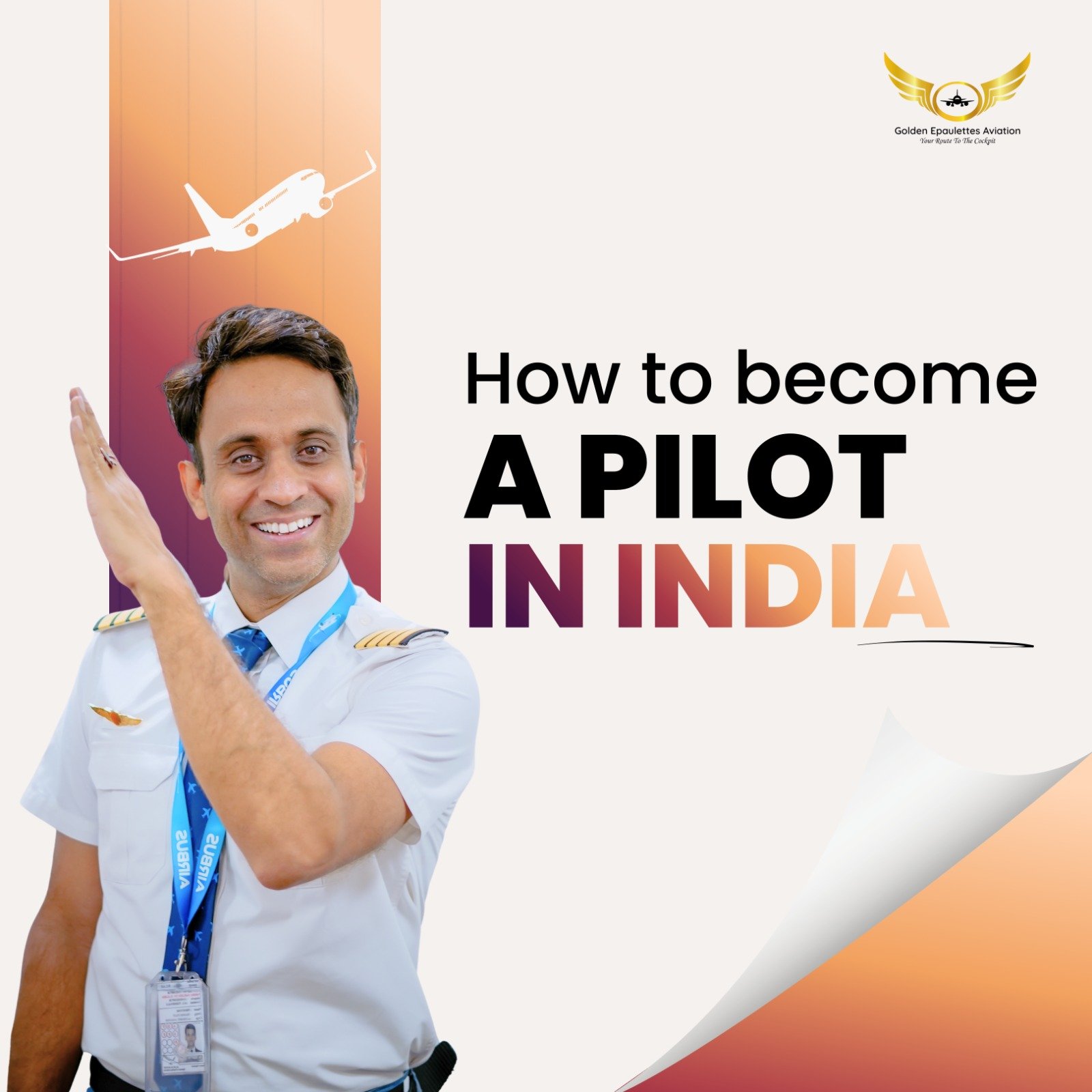DGCA Class 1 Medical Exam for Airline Pilots: A Complete Guide
Content will be added soon
 Menu
Menu
Pilot Programs
What the DGCA Class 1 Medical Exam Entails for Airline Pilots
Kevin
Author

Thank you! Our team will contact you shortly on WhatsApp.